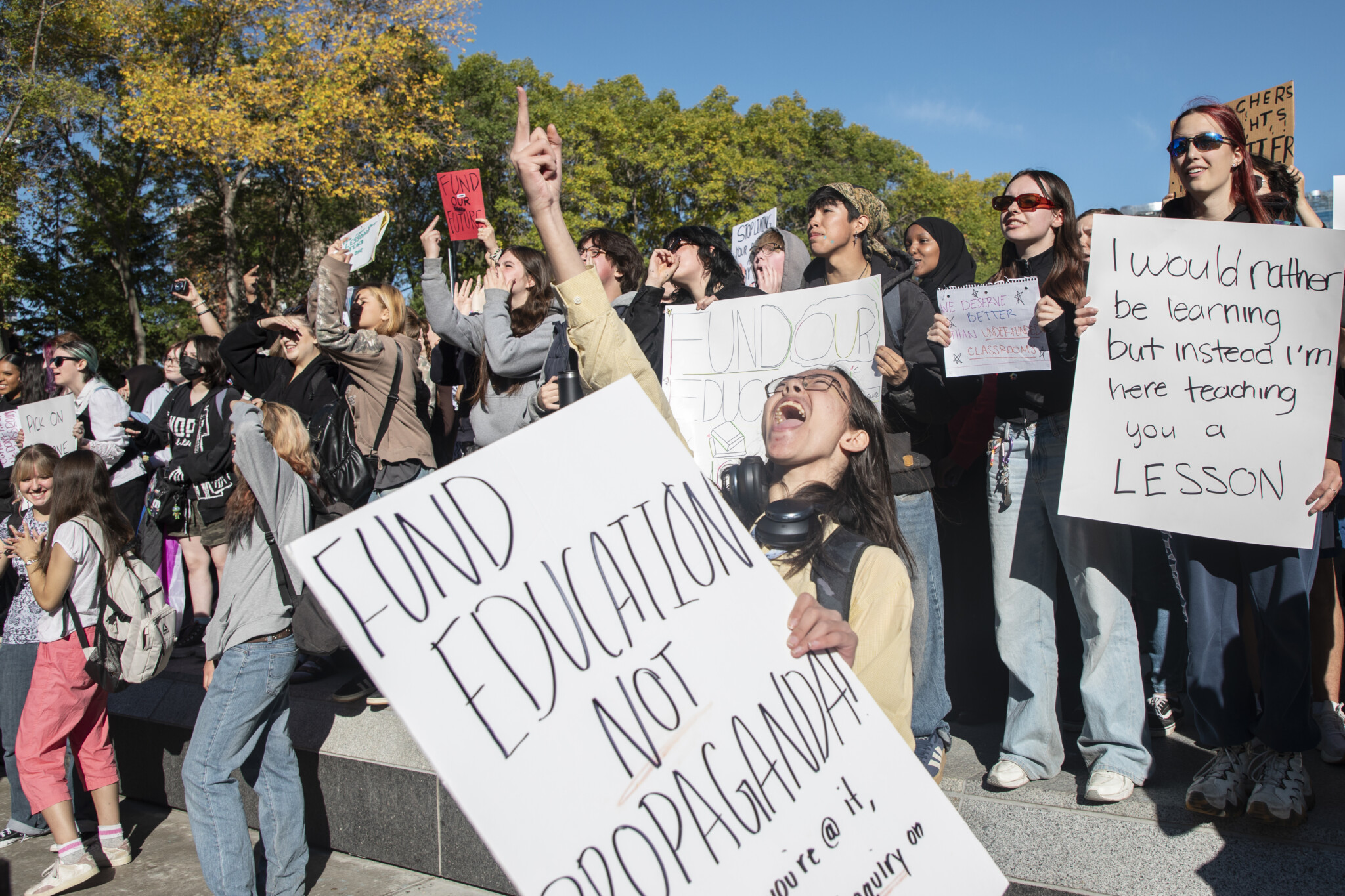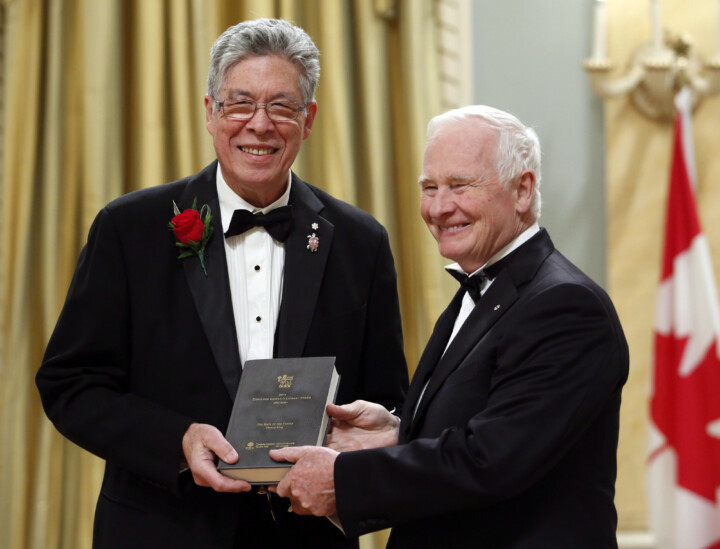For more than 15 years, Alberta has consistently offered some of the highest teacher compensation in Canada. This commitment has helped ensure labour stability and reflected the province’s emphasis on supporting education. Yet despite this record of investment, Alberta is now in the midst of one of the largest public-sector strikes in its history, raising difficult questions for parents, policymakers, and taxpayers.
Just last March, the Alberta Teachers’ Association praised the government’s proposed agreement, highlighting significant improvements for members, including competitive salary increases, strong benefits, and additional classroom supports. That statement, which appeared on the ATA’s website but has since been removed (though still available here). described the deal as a positive step for educators and the system as a whole.
Pay for Alberta teachers remains among the most competitive in the country. Salaries start at $70,916 for a teacher with four years of education, and can climb to $119,033 for those with six years. Teachers also receive regional allowances, 100 percent employer-paid benefits, and access to 90 days of sick leave. Beyond compensation, the government has added $405 million this past year to address classroom size and complexity.
The latest offer the teachers received was also substantial. The province proposed a 12 percent wage increase over four years, building on a raise secured last year. It committed to hiring 3,000 additional teachers and expanding support for educational assistants. Plans are also underway for more than 100 new schools. These are not symbolic gestures but material responses to growth and the realities of crowded classrooms.
Despite this, clarity is lacking on what would actually end this strike. The Alberta Teachers’ Association has expressed concerns but has not set out a concrete list of demands that could resolve the standoff. This leaves parents and policymakers in a difficult position. Without a clear roadmap for compromise, it becomes harder to see how families can avoid having this disruption stretch further into the school year.









Comments (3)
Special interest groups have controlled education systems for a while. Premier Smith should fund parents directly rather than fund the system. Nowhere else in the country does a workforce have these salaries and benefits, with the mob demanding even more. And if you think any additional funding will resolve systemic issues within the education system, remember that over 80% of educational funding goes towards salaries and benefits…leaving very little for students and classroom supports. The good times for unions are over. Give educational choice to the parents, so our kids can have a chance at a better future.